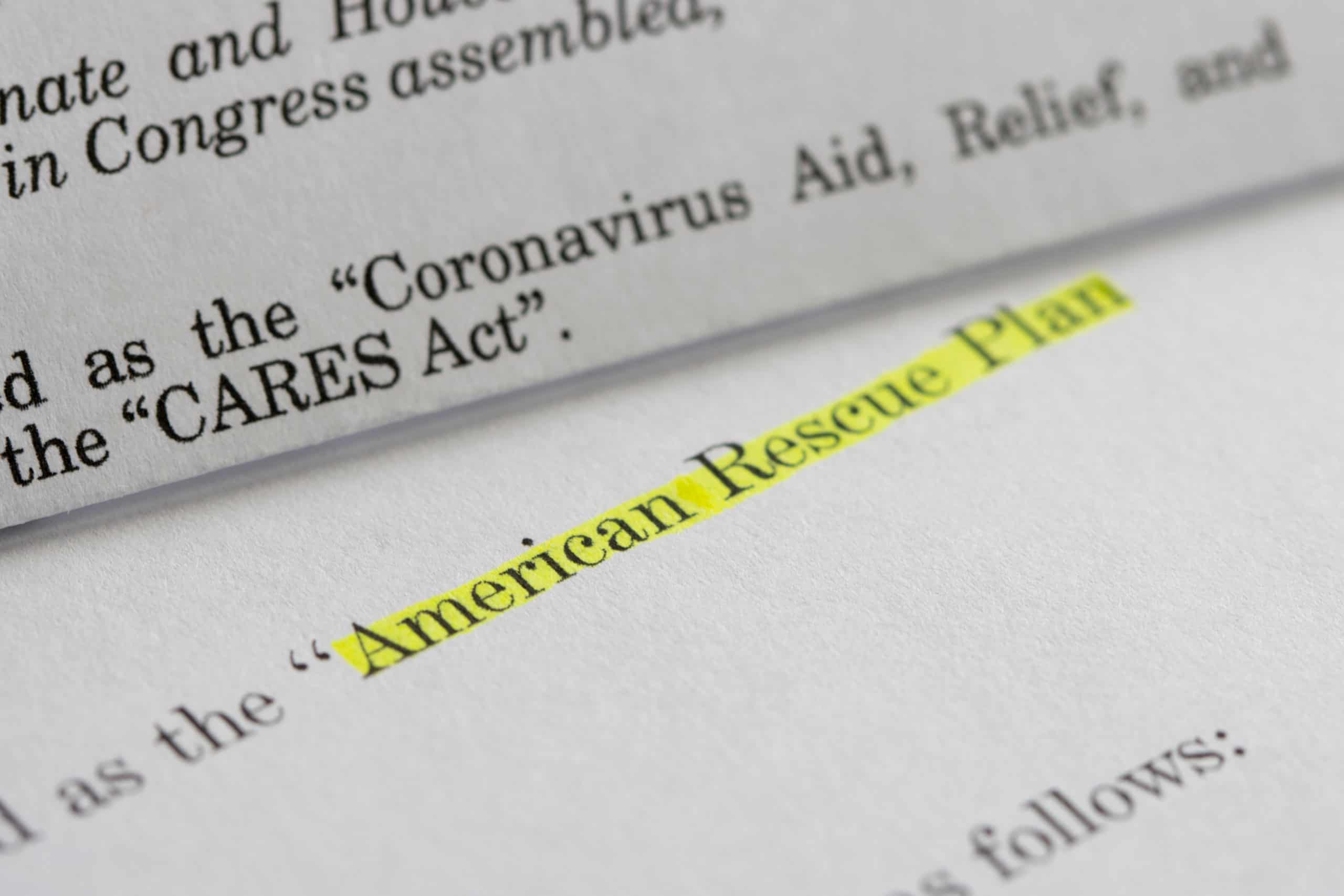Funds that states received as part of the American Rescue Plan Act (ARPA) for COVID-19 pandemic relief can now be used for tax cuts, according to a ruling from the United States District Court for the Northern District of Texas.
Texas Attorney General Ken Paxton and the AGs from Louisiana and Mississippi were plaintiffs in the civil action, which was filed regarding the tax-related provision of the ARPA. Treasury Secretary Janet Yellen was named the defendant in the suit, as the Department of Treasury enforces all of Congress’ monetary policies, including the provision reviewed by the court.
U.S. President Joe Biden signed the ARPA into law on March 11, 2021, to mitigate the economic devastation of the coronavirus pandemic. The federal program allocated nearly $200 billion to be directly distributed amongst all fifty states, including $16 billion to Texas.
The act contained a provision that states receiving ARPA funds must not use the funds “to either directly or indirectly offset a reduction” in taxes. This clause also gave the federal government authority to reclaim the funds if they were used to provide tax relief.
The provision was added to the program as a compromise between Republicans and Democrats. Republicans wanted a provision banning the use of ARPA funds to prop up underfunded pension systems. Democrats agreed to add that provision in exchange for the tax cut provision.
Kansas’ Democratic Governor Laura Kelly was among those who welcomed the restrictions on using federal pandemic aid to provide tax cuts. She told CBS News that Kansas is still “digging out” from budget shortfalls that resulted from tax-cutting in 2012-13 under former Republican Governor Sam Brownback.
“I’m glad that we can’t use this money for tax cuts,” Kelly said. “I don’t think we should do tax cuts anyway at this point as we are recovering from this pandemic.”
However, the legal victory won by Paxton and his colleagues voids the tax cut provision of the ARPA program. No legal challenge has been filed against the pension provision of the ARPA.
The plaintiffs argued that the stipulation “commandeer[s] the States’ sovereign authority over their own tax polic[ies] … in violation of the Tenth Amendment” and violates “the principle of equal sovereignty by targeting and invading the sovereignty only of those States that, as a matter of history and present fact, are likely to decrease taxes and other government revenues.”
Judge Matthew Kacsmaryk agreed with the argument and wrote that the threat of having all funds seized if a violation occurs was akin to a “gun to the head.” Thus, he called it coercive and said Congress overstepped its authority to set conditions on funds it provides.
The judge issued a permanent injunction against the tax cut provision enforcement by the Treasury.
The federal government can still and will likely appeal this decision, which would take the case to the Fifth Circuit Court of Appeals. However, the clause will remain void unless an appeal overturns the ruling by Judge Kacsmaryk.
Texas already used its ARPA money in the following ways: $7.2 billion to replenish the state’s unemployment insurance fund; $2 billion to address understaffing and improve services in the health care industry for coronavirus response; and $4 billion for projects like broadband expansion and state university construction projects.
The State Legislature then set aside $3 billion to be used for property tax relief during the 2023 session. The Legislature did not immediately use the $3 billion for tax relief as they were awaiting the result of the ongoing litigation to overturn the tax cut provision.
Texas can now use that $3 billion as the legislature intended without fear of retribution by the Treasury if the ruling holds up on appeal. Numerous states are expected to do the same.






